Many a Zoom call wraps with a round of responses to “what are you grateful for?” Some weeks it has been easier to answer this prompt than others. Not knowing what to say feels awful, as if I’ve been wearing blinders or too selfish. Maybe it seems trite to say the same thing each time, maybe I don’t want to repeat someone else’s thought. But perhaps my thankful reflex is just rusty.
This week’s virtue of hod translates to humility, but the word originates from hodayah, the Hebrew word for giving thanks. This isn’t simply being grateful, it is the ability to generate and choose gratitude, particularly in a situation when it isn’t necessarily intuitive to do so. We tap into humility when we can exercise gratitude for our strengths, capabilities, and how we fit in the world around us, as well as our limitations. We know that we can’t be everything to everyone, but that is easier said than done.
There’s a reason the phrase is “exercising” gratitude. Embracing thankfulness takes intention and practice. Especially in a time when we’re faced with constant news of failures and disappointments, we have to expend more energy to reflect on appreciation.
The many layers of the Omer’s significance include being a period of semi-mourning in remembrance of Rabbi Akiva’s 24,000 students who were killed by a plague in the 1st century CE. Traditionally, Jews avoid holding weddings or other celebrations and cutting hair during these 49 days. (Before COVID-beards, there has been many an Omer-beard.) As students of one of the wisest teachers in Jewish tradition, their reputation is that they took this enormous privilege for granted.
Instead of honoring this extraordinary opportunity by treating each other with respect, they were critical and disdainful. They absorbed Rabbi Akiva’s wisdom as superficial knowledge alone and fell far short of embodying the values they studied. They neglected putting them into practice and honing any appreciation for their gift. Gratitude, and humility, escaped them.
They fell victim to the disease in this period between Passover and Shavuot. On the thirty-third day, the numbers of people infected started to decrease. We observe this date with the holiday of Lag b’Omer, a break in our mourning when we can rejoice for one day, but it is not a signal of the end of mourning. At the beginning of the end, we aren’t ready to return to where we were. Instead, it is a hint that we are preparing to return to normalcy. It’s a milestone reminding us to continue to improve through the end of the Omer. We must ease our way back to the way life was before.
This last stretch of the Omer is extra time to consider how we’ll account for what we have and who we will be after this period of mourning – and as we gradually return to pre-pandemic ways of life. Will we enjoy time with loved ones in a way we didn’t before? Do we understand our limits and will we honor them? Will practicing this gratitude now help us remain humble, patient, and generous?
If I regularly consider what I’m thankful for, I will be much more prepared to answer that question differently on my next call. Knowing that I’ve flexed my ability to appreciate will fulfill me, and hopefully generate even more gratitude.
Possible actions this week:
- Start a gratitude training program. When reading the news, actively seek out articles and statistics on optimistic trends and people overcoming the virus. The more you intentionally look for reasons to be grateful, the more this action and response should come naturally.
- Finish this sentence: I will feel back to normal when ________.
- In a moment of frustration, what (or who) are you grateful for that you can bring to mind to find patience and calm? Thinking about that in advance will prepare you to recall it in the moment.
- Traditionally, communities hold bonfires and celebrations on Lag b’Omer. Find a virtual bonfire or other way to rejoice, maybe one that gives you a taste of normalcy, on the holiday.
Today is thirty-three days, which is four weeks and five days of the Omer.
Written by
Chaya Gilboa, Director of Jewish Engagement
Jessica Kort, Director of Communications and Strategy
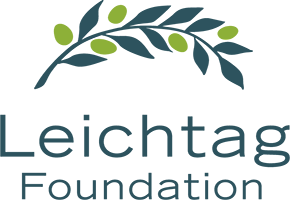

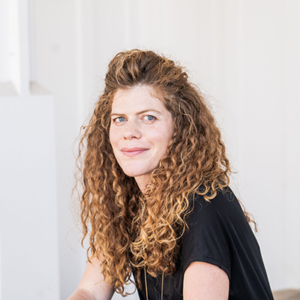
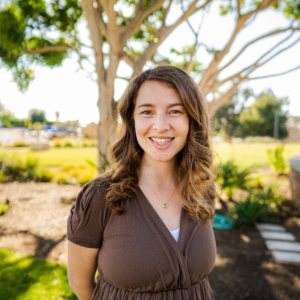



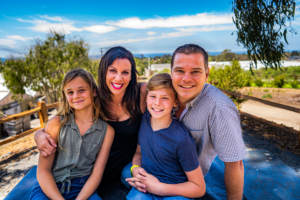
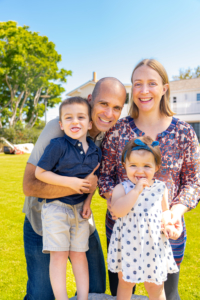 Stacie and Jeff Cook understand commitment. They live it.
Stacie and Jeff Cook understand commitment. They live it.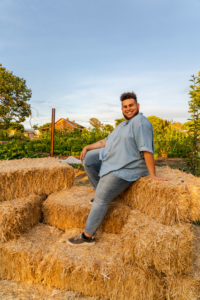 Black, Jewish and Queer. These three identities weave the fabric of who I am, but it took a long time to believe that they could exist together.
Black, Jewish and Queer. These three identities weave the fabric of who I am, but it took a long time to believe that they could exist together.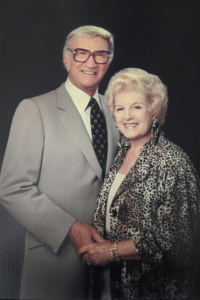 Lee and Toni Leichtag established the Leichtag Foundation in 1991 following the sale of their business. Lee and Toni were lifelong entrepreneurs with a passion for innovation and for supporting talent. They believed that only with big risk comes big reward. Both born to families in poverty, Toni to a single mother, they strongly believed in helping those most in need and most vulnerable in our community. While they supported many causes, their strongest support was for young children and the elderly, two demographics who particularly lack voice in our society.
Lee and Toni Leichtag established the Leichtag Foundation in 1991 following the sale of their business. Lee and Toni were lifelong entrepreneurs with a passion for innovation and for supporting talent. They believed that only with big risk comes big reward. Both born to families in poverty, Toni to a single mother, they strongly believed in helping those most in need and most vulnerable in our community. While they supported many causes, their strongest support was for young children and the elderly, two demographics who particularly lack voice in our society.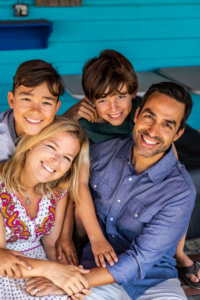 Lifelong Baltimoreans, Rabbi George and Alison Wielechowski and their sons, 11-year-old Lennon and 9-year-old Gideon, are more than pursuing the good life in Southern California. Having moved to San Diego more than three years ago, they are fulfilling a lifelong dream.
Lifelong Baltimoreans, Rabbi George and Alison Wielechowski and their sons, 11-year-old Lennon and 9-year-old Gideon, are more than pursuing the good life in Southern California. Having moved to San Diego more than three years ago, they are fulfilling a lifelong dream.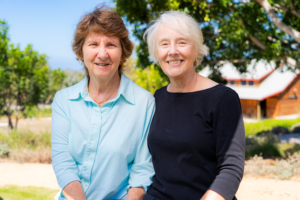

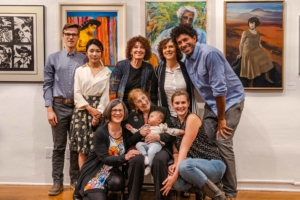
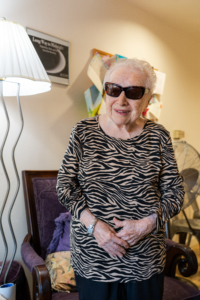
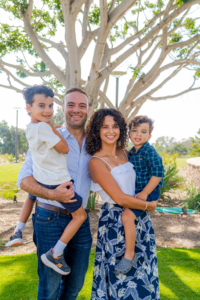
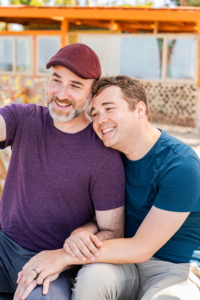
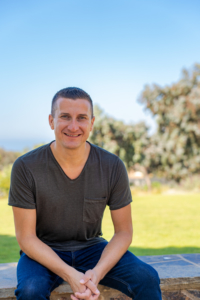 You would think that as the executive director of San Diego LGBT Pride, Fernando Zweifach López Jr., who uses the pronoun they, has done all the coming out they possibly can. A queer, non-binary individual who has worked for many years on civil rights issues, López also speaks openly and often about their father’s family, Mexican-American migrant workers who tilled the fields of rural California.
You would think that as the executive director of San Diego LGBT Pride, Fernando Zweifach López Jr., who uses the pronoun they, has done all the coming out they possibly can. A queer, non-binary individual who has worked for many years on civil rights issues, López also speaks openly and often about their father’s family, Mexican-American migrant workers who tilled the fields of rural California.